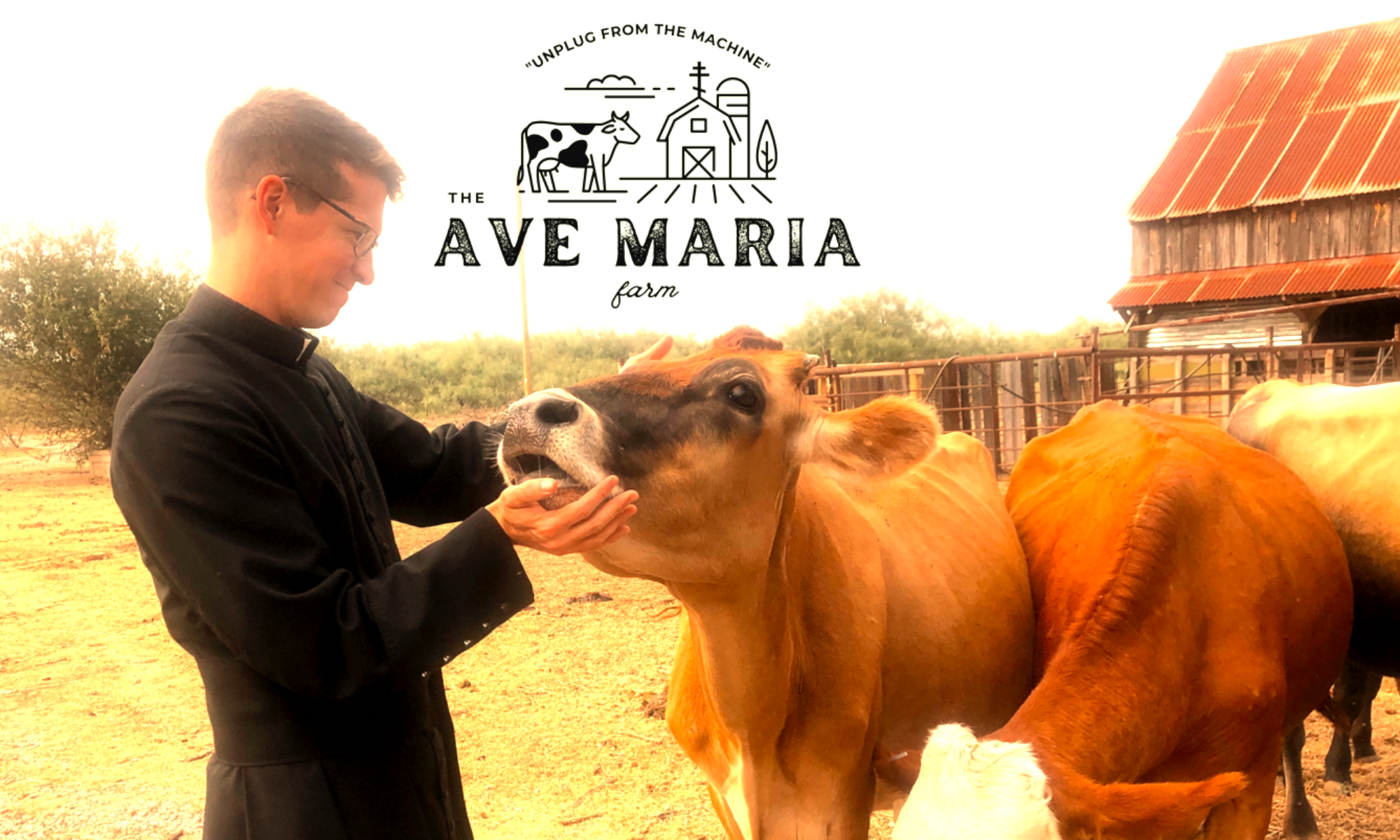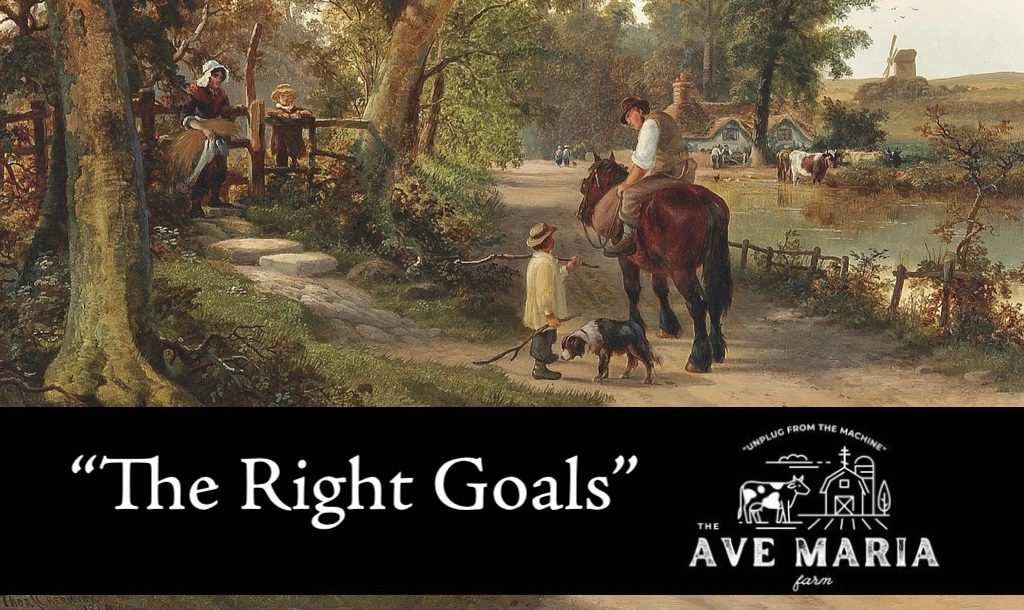How can our ordinary lives be reordered and transformed? In the next few weeks, I will be looking at the Daniel Opperwall’s work, A Layman in the Desert. I hope this is not merely theological abstraction, but offers a little food for thought about how we are supposed to be living in this crazy modern world . . .
How Can We Achieve Enlightenment within the World?
“How, we might ask, can a married person learn about chastity from ancient celibates? How can a wealthy person in the world learn about charity from people who owned nothing? How can a construction worker learn about fasting from people who ate little more than a biscuit every day?” (Daniel G Opperwall, A Layman in the Desert 11).
“Lay people and monks do not each have their own ‘spirituality,’ and the Holy Spirit, whom they all receive at baptism, is one. The enemies and adversaries of the Christian are the same at all times no matter how well they disguise themselves. Victory will be gained also in one and the same manner, even when at first sight lay people and monks do not always put the same means into action” (Gabriel Bunge, Despondency: The Spiritual Teaching of Evagrius, 33).
The goal is simple, the attainment daunting. The one purpose of our life is spiritual perfection and unceasing communion with God. This sounds overwhelming, to say the least. The Church offers us 2,000 years of Holy Scripture and patristic teachings on how to undertake this journey, but putting it into practice is no easy task. Furthermore, most teachings on enlightenment were written by monastics. How can we apply these to our lay lives in the world, and especially in the 21st century?
These are the real life issues we will be exploring in the next weeks to come in our Spiritual Life Class. We will be following closely the work by Daniel G. Opperwall, A Layman in the Desert. Through his insight, the teachings of St. John Cassian and other patristics, and open group discussions, we can take the next step in our own, personal dedication to pursuit of holiness.
Our Goal and Telos
Anonymous Monk: “A monastery is merely a place where people come to help one another to salvation. Your home as a married man should be no different from that” (9).
Our task in the world is to work out our salvation through our daily lives, within our ordinary responsibilities and community. But how can we do this?
First, we must keep our goal and telos at the center of everything.
Our telos, ultimate end, is the Kingdom of God. Our goal, the means for attaining the end, is Purity of Heart.
Abba Moses says this of the distinction: “The telos of our commitment, as we noted, is the kingdom of God…but the immediate goal (scopos) is purity of heart, without which it is impossible for anyone to get the telos that we are talking about. Fixing our eyes steadily on this goal, then…let us make for it without wavering” (23). Opperwell explains: “People who wish to win an archery contest aim at a small target (their goal) and when they hit it, they immediately receive a prize (their telos). However, if an archer loses sight of his target, he will by definition be unable to obtain his prize” (23).
“This,” Moses continues, “must be our primary undertaking — this the never-altered destination and never-failing pursuit of the heart — that the mind might always cling to things divine and to God” (27).
What is Purity of Heart?
Purity of heart is as a state in which one is free of sin, and no longer falls away from holiness, tranquility, and love.
According to Abba Moses, through God’s Grace, one becomes victor over the passions. By tranquility he means “the ability to rein in the mind, avoiding the problem of having one’s thoughts run off in all directions uncontrolled” (Opperwall 24).
Abba Moses illustrates purity of heart in the words of Isaiah: “I will establish your rulers in peace and your bishops in righteousness. Unrighteousness shall no longer be heard in your land, neither destruction nor distress within your boundaries, but your walls shall be called Salvation, and your gates Sculptured Work. The sun shall no longer be your light by day, but thy Lord shall be your everlasting light, and God, your glory. For your sun shall no longer set, nor shall your moon be eclipsed, for the Lord shall be your everlasting light, and the days of your mourning shall be fulfilled” (27).
Christ describes theoria in his prayer to the Father: “that they May be one as you in me and I in you that they May also be one in us” (John 17:21).
Path to Inner Purity: The Five Key Virtues
Five key virtues are held up by the desert fathers: detachment, discernment, discretion, humility, and balance. As we aspire to cultivate these virtues in our life, by God’s grace and the aid of the saints and angels, we scale the mountain of enlightenment. These steps are the means to an end, bringing us to a state of theoria (unceasing contemplation), and eventual theosis (oneness with God).
“Our task as Christians is daunting but that we take it on with the full assurance that it is possible to walk the hard road of life — where we live it — in peace if we seek purity of heart and the kingdom” (50).

